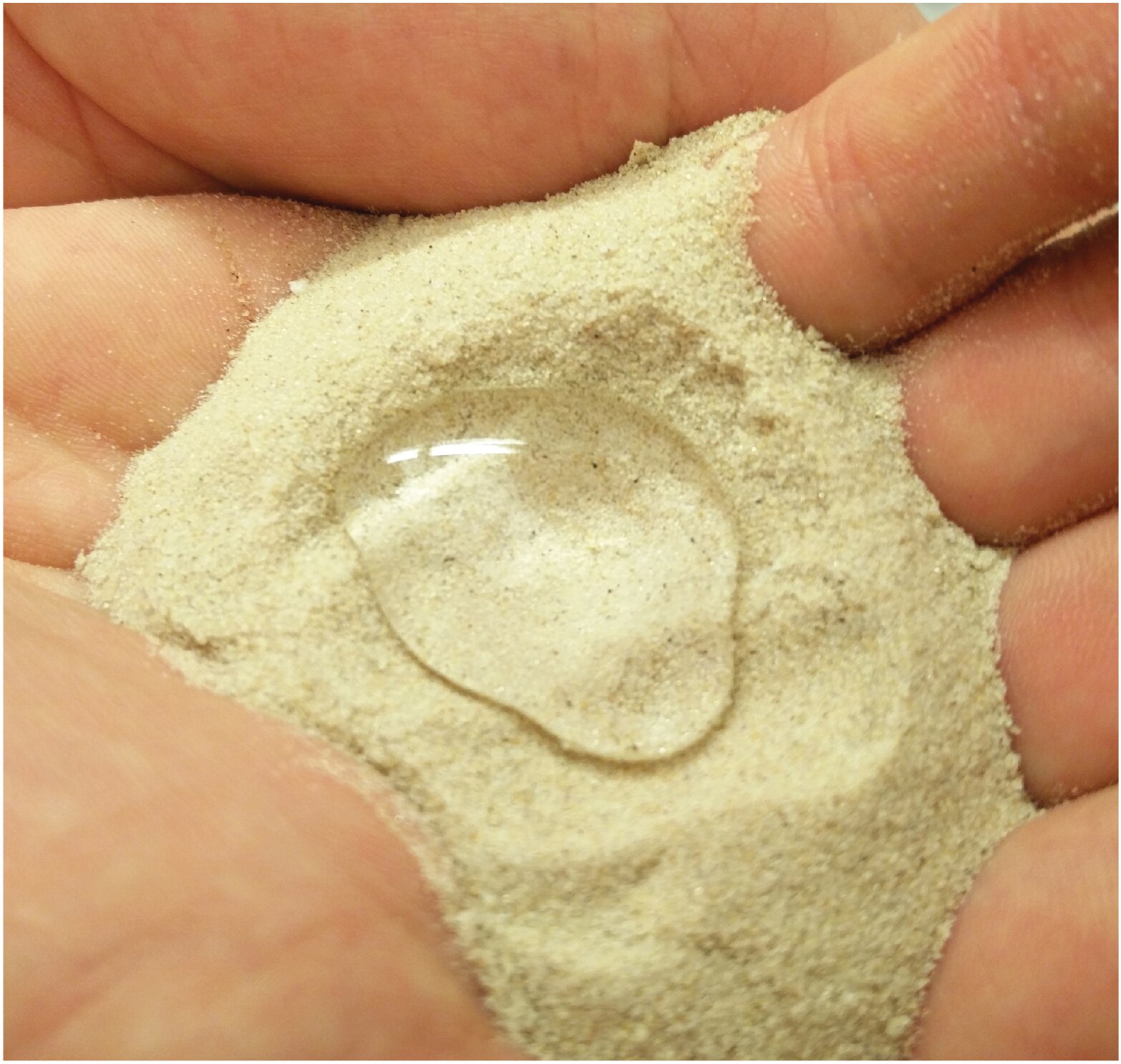Did you know that over forty percent of the Earth’s land surface comprises the arid and semi-arid regions? Large numbers of people live in these areas and are largely dependent on agriculture to meet their basic needs. But agriculture in these regions is highly influenced by water limitation, extreme heat, and frequent drought.
In arid places, the soil is primarily sand and it can’t hold onto water properly. Usually, farmers in these regions have to irrigate their fields using underground water.
For improving the efficiency of irrigated water, farmers try ways to make sure water stays in the soil for a longer duration so that plant roots can absorb it. They also cover the ground with plastic sheets. But covering fields with plastic sheets is an expensive practice. Moreover, it also creates waste and has the potential to leak undesirable substances into the soil.
Now, researchers from ACS Agricultural Science & Technology have created a simple, biodegradable ground cover – wax-coated sand. It helps in keeping the soil wet and enhances crop yields.
Nature-inspired technology to make water use more efficient in arid regions
Researchers studied the plants and animals that naturally produce waxy substances that help in trapping water from fog or condensation. So inspired by the natural processes, researchers considered coating sand with wax. This way they created an environmentally friendly ground cover to control soil evaporation.
In their trials, researchers applied the wax-coated sand in a thin layer on an open field in Saudi Arabia. As a result, soil moisture loss was reduced by up to 50–80%. Researchers found that fruit and grain production was substantially increased.
Moreover, there was no negative impact of that waxy mulch, which could also have acted as a food source for some of the microbes.







